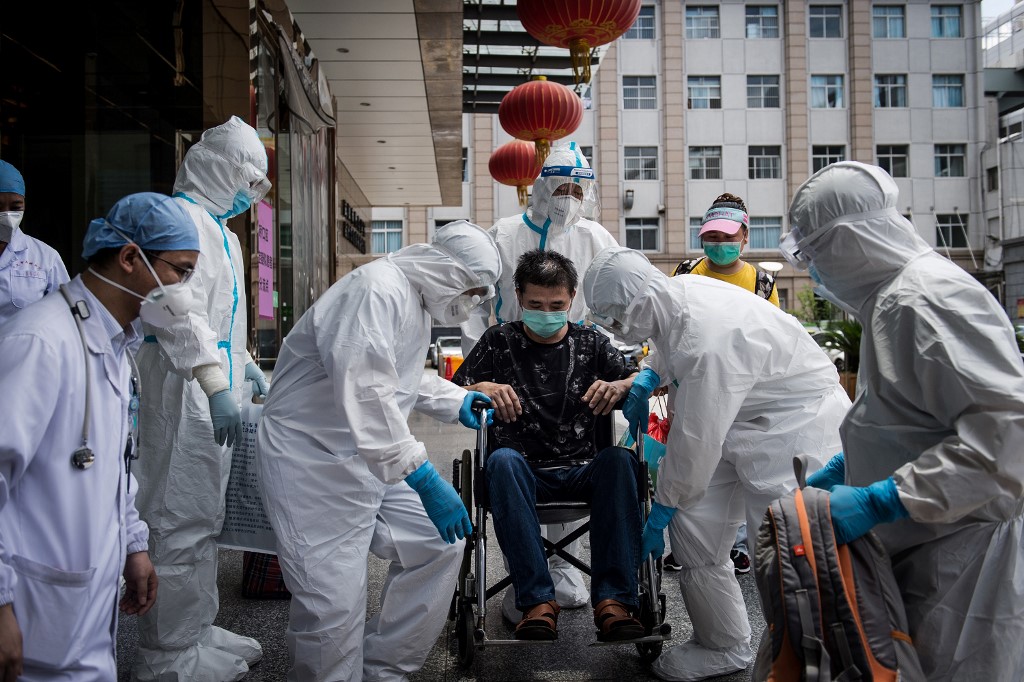(ATF) A senior Chinese official has called for stricter hygiene standards across the whole logistics chain – around the world – to stop possible coronavirus infections.
Li Ning, deputy director of the National Food Safety Risk Assessment Centre, spoke at the 2020 International Food Safety and Health Conference held in Beijing on Thursday (Dec 3). She said China believes that coronavirus has arrived in the country several times via infected food imports.
Li Ning said numerous cases of infected outer packaging were found on imported cold chain food, noting that from tests found the coronavirus mainly on outer packaging and the positive rate was very low – out of thousands of tests.
But she said for epidemic prevention and control, the entire industrial chain needs to put forward higher hygiene requirements for food safety, and food companies should adopt stricter hygiene measures.
Li Ning said that many foreign countries had seen outbreaks of the coronavirus – first found in China about a year ago – and that increased the chance of contamination of the surface of various objects, including food and its packaging.
The coronavirus (Covid-19) can reportedly survive for a long time in low temperature conditions, and imported cold chain items may become carriers when such items are transported across borders for long distances.
Various departments and localities in China have recently increased their surveillance and sampling of imported cold chain food, including on the outer packaging. As the frequency of testing has increased, the number of positive virus infection has risen accordingly.
Contamination rate below 0.5% of tested items
China’s customs officials have implemented a regime of random testing for Covid in imported cold chain foods, and the infection rate found by customs is 0.15 per 10,000. Similar testing by the National Health Commission showed that the positive contamination rate was 0.48 per 10,000, the Economic Daily reported.
Li suggested that this possible infection source should be controlled as much as possible, with the inspection and quarantine of imported cold chain food increased, and proactive preventive and comprehensive disinfection work carried out. She said there should be protection and screening for people exposed to this risk.
Li Ning emphasised that, in addition to preventing and controlling the virus, traditional food safety issues must not be ignored.
Food companies should take safety measures against conventional microbial contamination, chemical contamination, excessive use of additives, pesticide, and veterinary drug residues as well.
65 million cases
More than 65 million cases of the coronavirus have been detected worldwide, according to a tally from official sources, AFP reported on Friday.
The total number of deaths was put at just over 1.5 million.
Levels of testing have risen after Europe and the United States were hit by new waves infections. Europe is the region which has had the most cases – more than 19 million, and 430,000 fatalities. Over the past week, almost 1.7 million new infections have been recorded in 52 European countries.
The United States, meanwhile, has recorded over 14 million infections (including 276,000 deaths) – a fifth of the global total.
The number of positive cases continues to rise at an unprecedented rate – more than 210,000 were registered in the US on Thursday alone, a record since the start of the pandemic, according to Johns Hopkins University.
Latin America and the Caribbean have registered 13.3 million infections with 453,974 deaths, followed by Asia (12.6 million, 197,559), the Middle East (3.4 million, 80,163), Africa (2.2 million, 52,825) and Oceania (30,388, 942).
With reporting by AFP






















